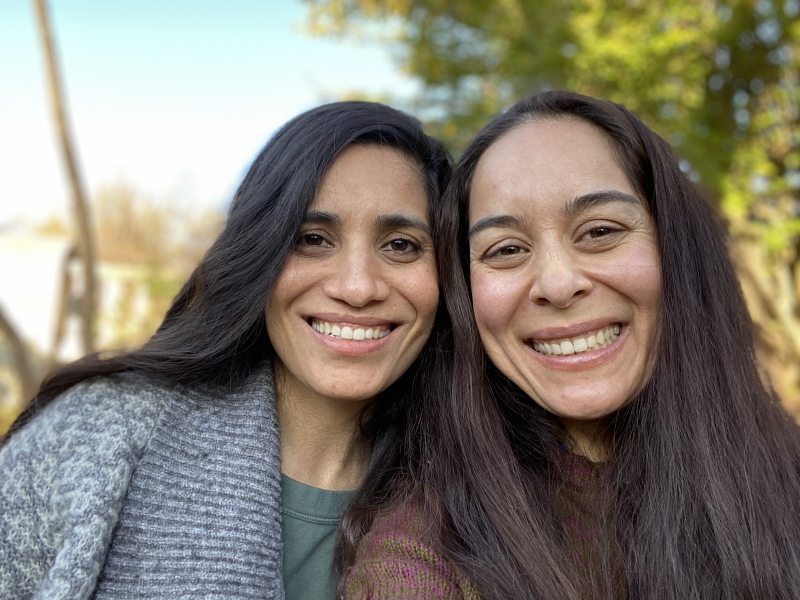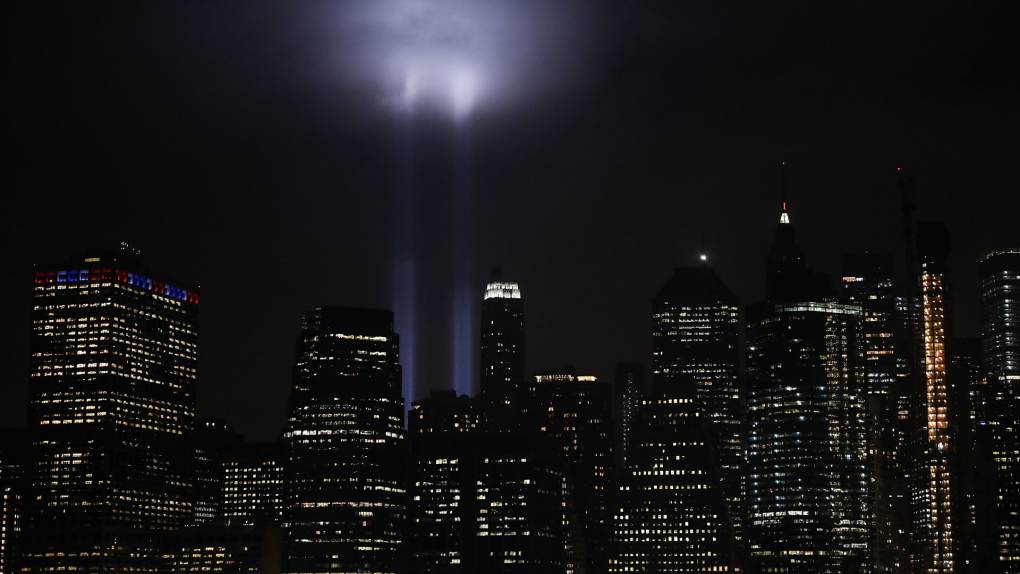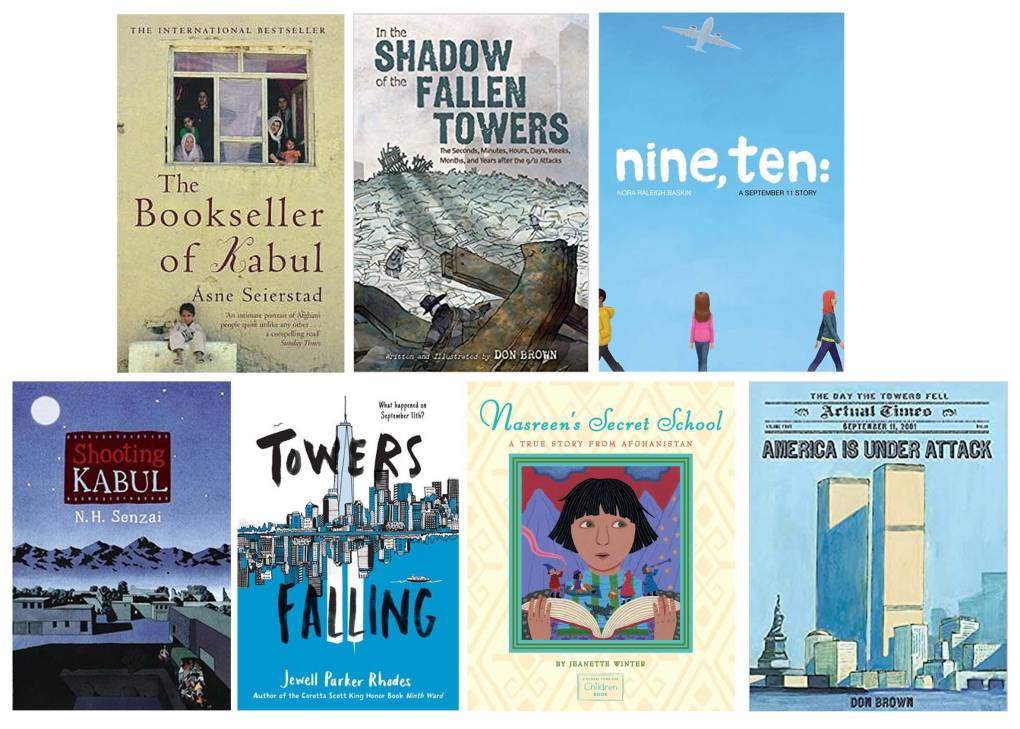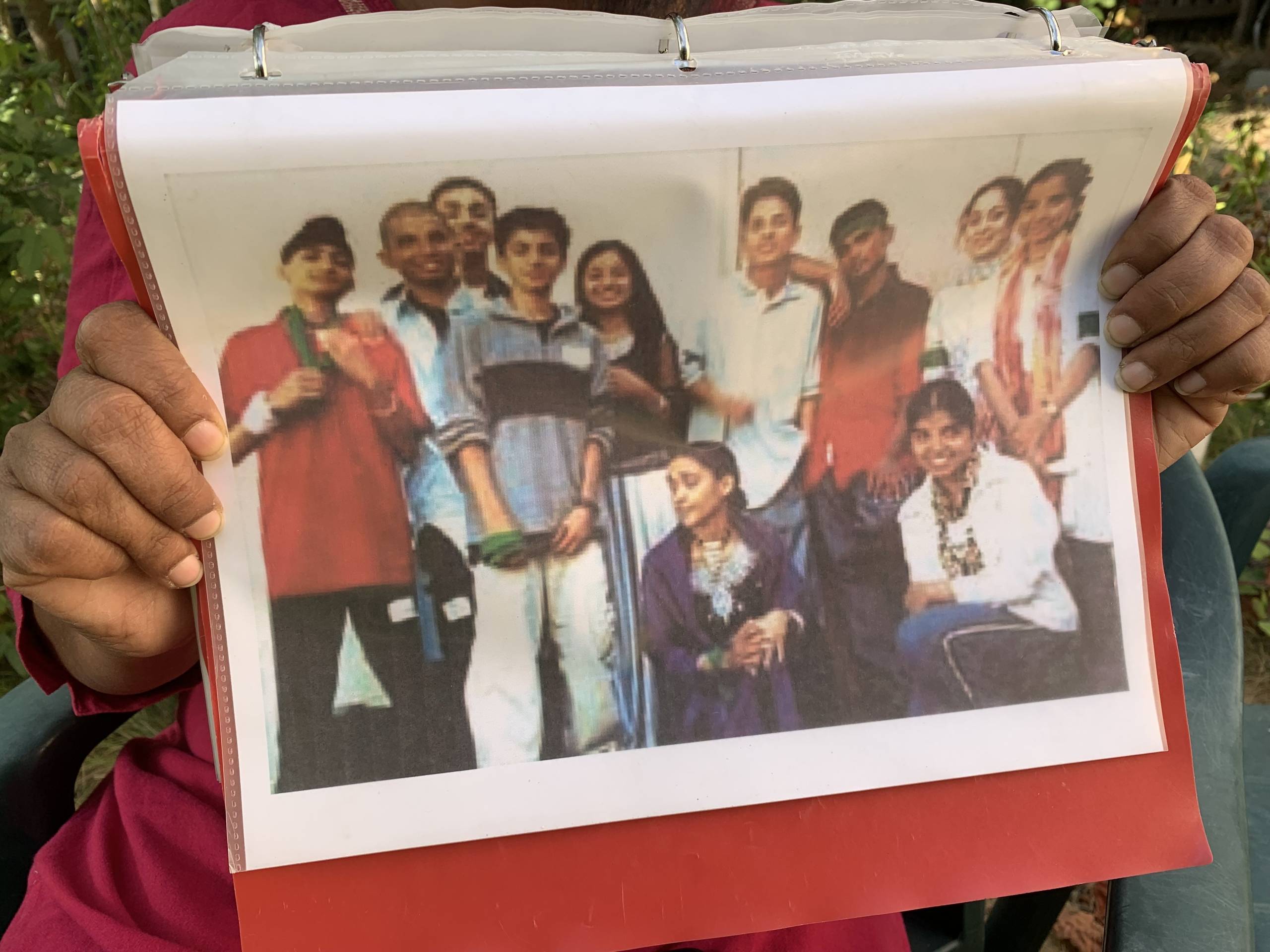In the weeks following 9/11, I was a brand-new student at the UC Berkeley Graduate School of Journalism. I wanted to find out how the backlash against South Asians — my own community — was affecting young people. So I visited Berkeley High School, where I met a group of teenagers combatting racism, bias, and fear among their peers. I wrote a story for AsianWeek that began like this:
“Fatima Shah, 17, missed school last week because her father was afraid kids would spit on her. She had reason to worry. The Berkeley High School senior wears a Salwar-Kameeze, a traditional South Asian dress, and after the Sept. 11 terrorist attacks, other students gave her dirty looks. Some told her she didn’t belong.”
Fatima’s peers told me about similar experiences, including a student who was hit on the back of the head and had to be hospitalized for what was largely believed to be a hate attack.
Twenty years later, I caught up with Fatima Shah, who still lives in the Bay Area, to talk about her experiences after 9/11 and how they shaped her over the last two decades.
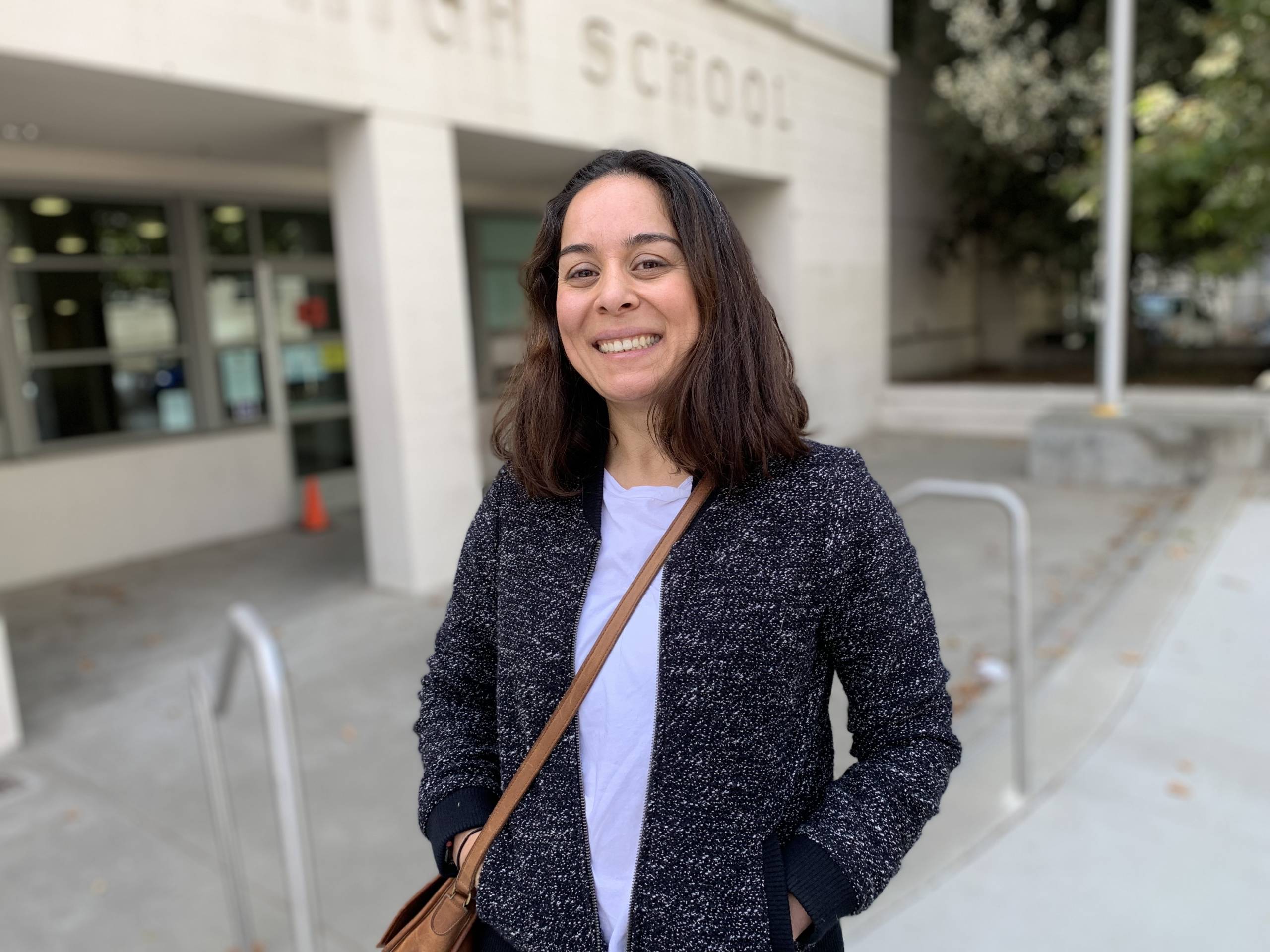
‘We felt really vulnerable’
Standing outside Berkeley High School, Fatima Shah gasped at how young the students looked to her. It triggered a flood of memories about how alienated she felt as a teenager — an ESL student and a recent immigrant.
“I would spend a lot of my time thinking and just wishing to God, I will do anything to just fit in,” Shah said. “That was my biggest life goal was to blend in, not stand out, because it was not cool to stand out.”
She remembers some of her classmates calling her “dirty Muslim” even before 9/11. It was hard to reconcile those experiences with Berkeley’s reputation as a liberal, open place.
“People want to find the enemy, and anyone that looks like the enemy, they become very easily targeted, even in communities like Berkeley,” Shah reflected.
She had come to California from Pakistan just a few years before 9/11, on her 13th birthday. Her family of seven lived in a tiny apartment in Berkeley, and her dad supported them as a busboy in a restaurant. He agreed to let his daughters go to school, as long as they wore the traditional salwar kameez.
After the attacks, though, Shah’s father insisted on keeping his daughters home from school. He read reports of attacks targeting South Asian and Muslim people and wanted to protect his kids from potential danger.
